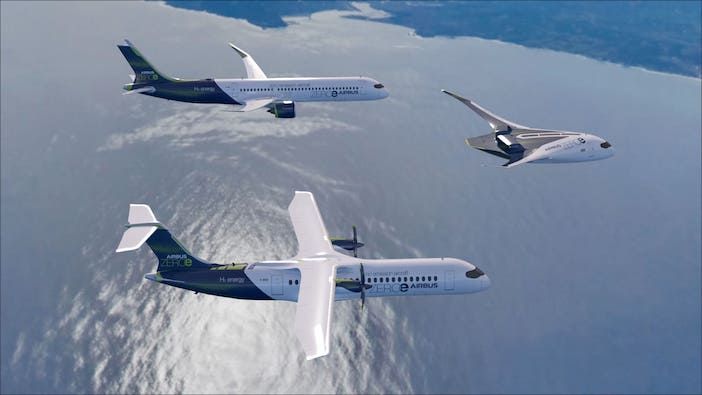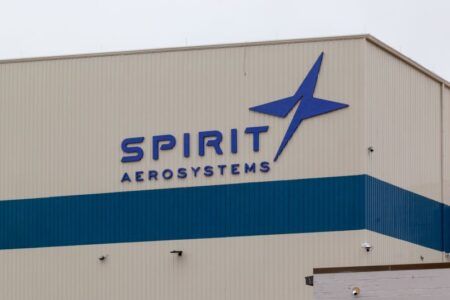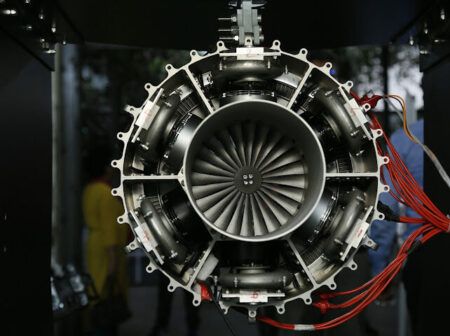EU legislators have given EASA new powers to monitor and report on the aviation industry’s adoption of SAF and progress toward carbon-neutrality.
The ReFuelEU package of regulations was passed by the European Parliament earlier this month and brings a new set of specific tasks for EASA, particularly around promoting and measuring the usage of Sustainable aviation fuels (SAF) as well as the associated reductions in CO2 emissions.
ReFuelEU mandates EASA to report annually on the origin, quantity and characteristics of SAF purchased by aircraft operators, as well as the state of the market including information on the evolution of the price gap between SAF and conventional aviation fuels. The first report is expected to be published around at the end of 2025.
ReFuelEU also charges EASA with developing an environmental labeling scheme for aviation that will provide the traveling public with objective, scientifically-based information on emissions to consider when booking a flight.
“Sustainable aviation fuels are currently the most promising solution to set air transport on a path to decarbonization and ReFuelEU is a milestone in promoting the uptake of SAF,” said Luc Tytgat, acting executive director of EASA. “This legislation places EASA at the center of the drive to reduce aviation’s CO2 emissions. Assigning this task to EASA also sends the clear message that sustainability cannot come at the expense of safety in aviation. We must become sustainable safely.”
The legislation sets targets for a minimum percentage of SAF to be used as a blend with jet fuel in air operations from 2025. This percentage will be gradually increased to stimulate increased production and uptake of SAF.
The EU aims for 70% of all fuel supplied in EU Airports to be SAF by 2050, of which 35% would be synthetic aviation fuels that have a higher potential for reducing CO2 emissions. The scope of the regulation covers at least 95% of total traffic departing from airports in the EU.
The legislation also aims to combat the practice of economic tankering, when an aircraft operator deliberately carries more fuel than needed for the safe completion of the planned outward journey to avoid paying higher costs for fuel at the destination airport for the return. Tankering makes the aircraft heavier and therefore increases the level of pollution.





